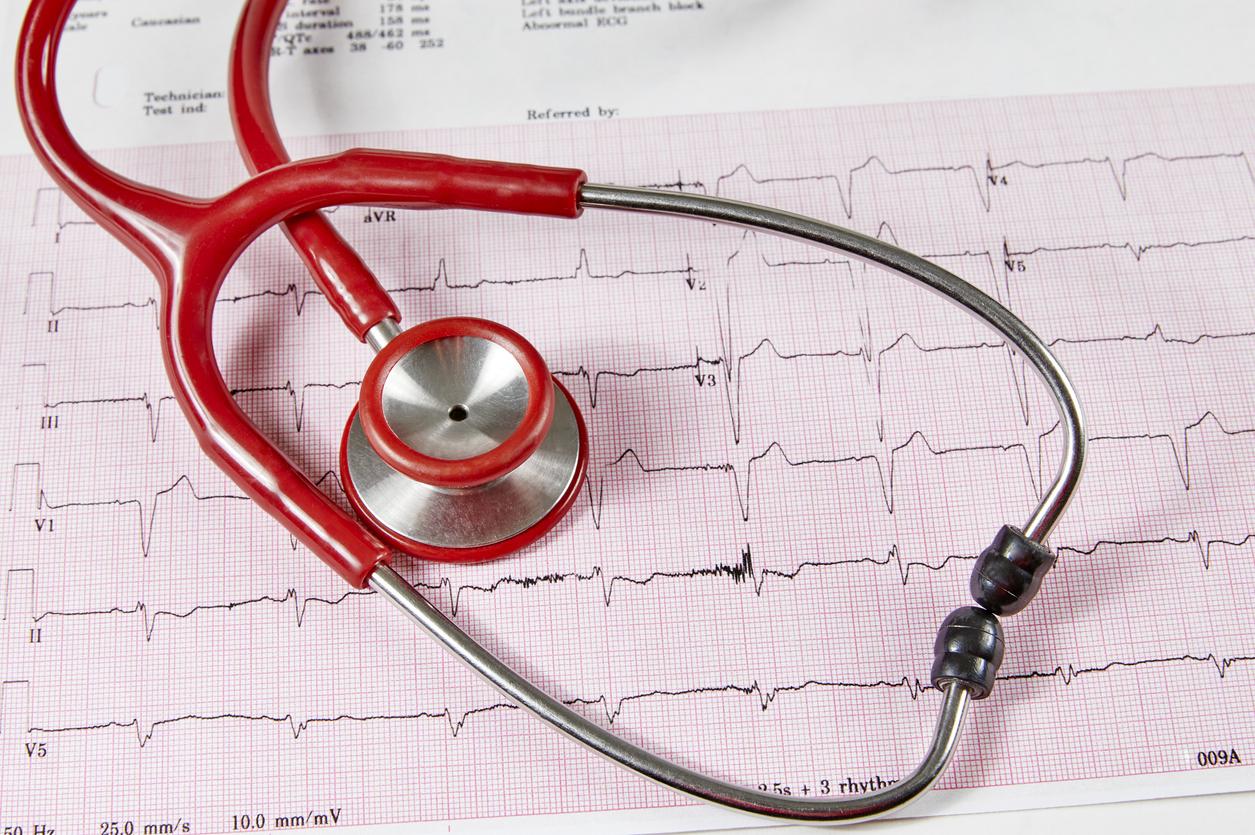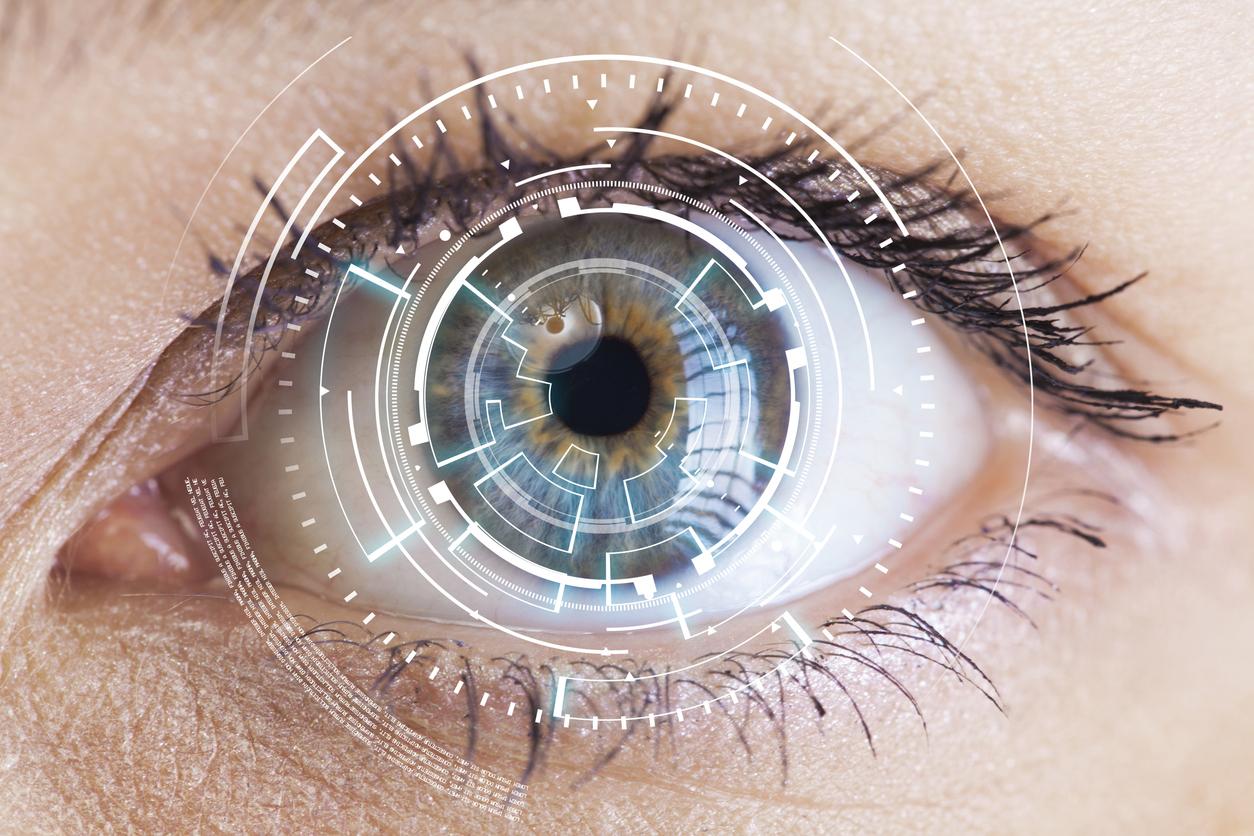Researchers have found that wearable heart monitors improve the diagnosis of irregular heart rhythms, called atrial or atrial fibrillation.

- Continuous wearable heart monitors identified 52% more cases of atrial fibrillation.
- However, they do not appear to have an impact on hospitalizations due to stroke.
- The researchers want to conduct further research because their study was disrupted by Covid-19.
Atrial fibrillation (or atrial fibrillation) is characterized by an irregular heartbeat. It is the most common type of arrhythmia. Four people out of a thousand are affected in France, or 250,000 people, according to Vidal. But although this disease is common, it is not always easy to spot.
“Atrial fibrillation is often undiagnosed and can increase the risk of ischemic stroke, which is largely reversible with oral anticoagulation,” explains Dr. Renato Lopes of the Duke Clinical Research Institute.
This researcher and his team have shown that the use of a portable heart monitor improves the diagnosis of this disorder.
Atrial Fibrillation: Better Diagnosis with a Portable Heart Monitor
The scientists wanted to determine whether routine screening for atrial fibrillation using a portable heart monitor could improve care and reduce the risk of stroke. They recruited 12,000 patients living in the United States who were at least 70 years old and had no history of atrial fibrillation. Half of them were fitted with a long-term (14-day) continuous heart rate monitoring device, while the others received standard care.
Analyses of the data collected show a 52% increase in the number of cases of atrial fibrillation diagnosed among device wearers compared to patients following the usual care pathway.
If this work, published in the journal Journal of the American College of Cardiology September 1, 2024, showed an increase in the diagnosis of atrial fibrillation with the device, they did not reveal an increase in the rate of hospitalization for bleeding or a significant reduction in the rate of hospitalization for stroke compared to the group that received usual care.

Diagnosis and reduction of strokes: a study disrupted by covid-19
The study on the value of wearable heart monitors to diagnose irregular rhythms and reduce the risk of stroke was initially planned to include 52,000 patients. The researchers had to stop recruiting them before it was complete because of the Covid-19 pandemic. This, according to them, disrupted the experiment and its results.
The team therefore believes that a larger study sample is needed to properly determine the machine’s effect on reducing the risk of strokes in patients with atrial fibrillation. “We still need definitive evidence that diagnosis of atrial fibrillation by systematic screening can lead to subsequent treatment with oral anticoagulation and therefore a lower risk of stroke”explains the researcher in a press release.
Despite the obstacles encountered and the mixed data from this research, the lead author assures that the results have made it possible to “learn a lot” and could “to inform future studies”.
















